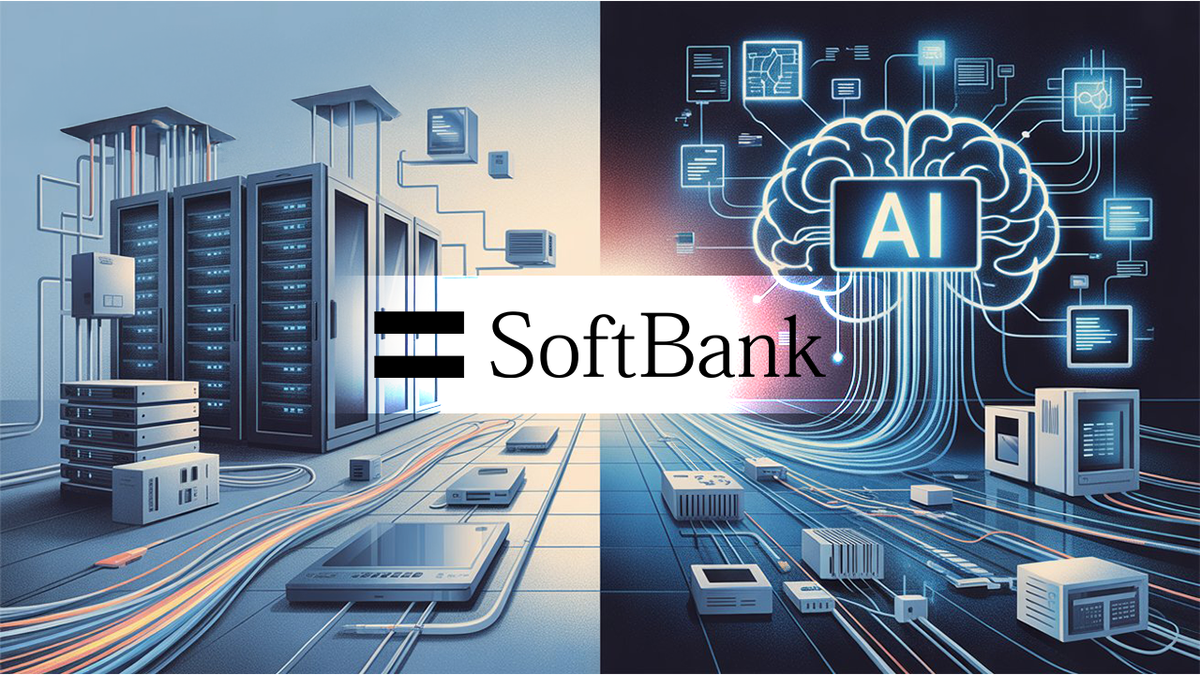Dell’s Product Chief: Customers Skeptical of AI Marketing in the PC Space
Dell admits PC buyers are indifferent to AI features, focusing instead on traditional hardware specs.
SoftBank Adjusts Its India Approach Amid Departures and a Fresh Emphasis on AI
SoftBank's recent activity in India indicates a strategic reset, focusing on AI and enterprise technology.
Samsung to Boost AI Landscape with Launch of 800 Million Google Gemini-Enhanced Smartphones
Samsung plans to expand AI features with Google’s Gemini, aiming to reach 800M devices by 2026.
“One in Four ChatGPT Users Seek Weekly AI Assistance in Healthcare: New Findings”
OpenAI's report reveals 40M users rely on ChatGPT for healthcare, especially in underserved rural areas.
“Arrowhead Secures $3 Million in Seed Funding Led by Stellaris to Innovate Voice AI Technology”
Bengaluru-based voice AI startup Arrowhead has raised $3 million in a seed funding round led by Stellaris.
Qualcomm and Google Strengthen Decade-Long Partnership to Pioneering Agentic AI in the Automotive Industry
Qualcomm and Google expand their collaboration to accelerate software-defined vehicles and AI experiences.
Samsung Unveils a 130-Inch Micro RGB TV and Innovative Tech at CES 2026
Samsung's "Companion to AI Living" vision showcases innovations in AI-powered home appliances at CES 2026.
From Commute Chaos to Innovation: The Techie Behind Bengaluru’s AI-Driven Traffic Solution
Pankaj modified a helmet into an AI tool to flag traffic violations, sending proof to police in real-time.
Brace for Impact: Why Upgrading Your Smartphone and PC in 2026 Could Cost You 20% More
The global tech economy faces a shift due to AI's demand, causing memory shortages and price hikes.
Samsung Unveils the AI-Enhanced Freestyle+ Portable Projector Ahead of CES 2026
Samsung introduces the AI-powered Freestyle+ projector with AI OptiScreen, higher brightness, and more.










